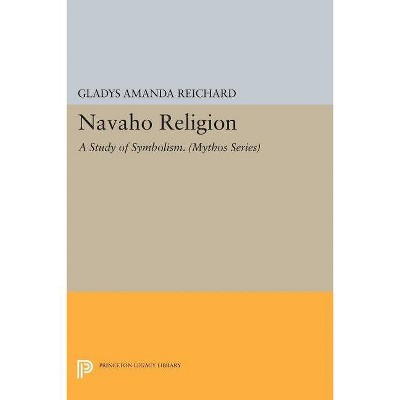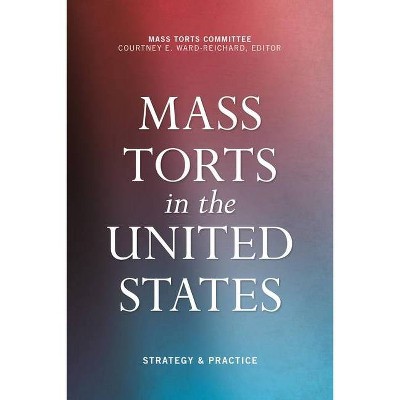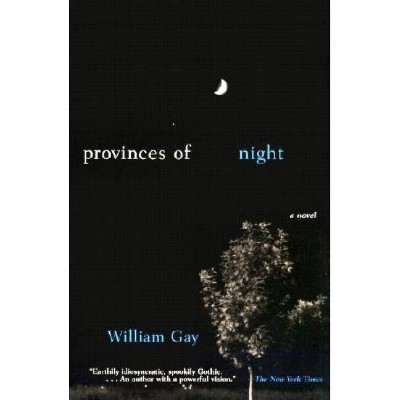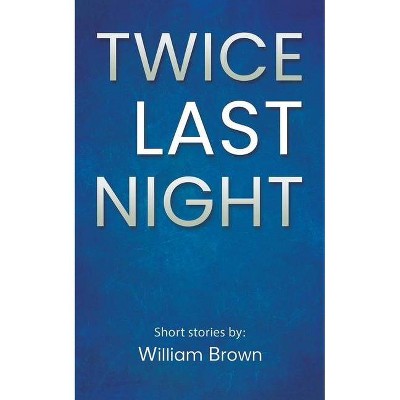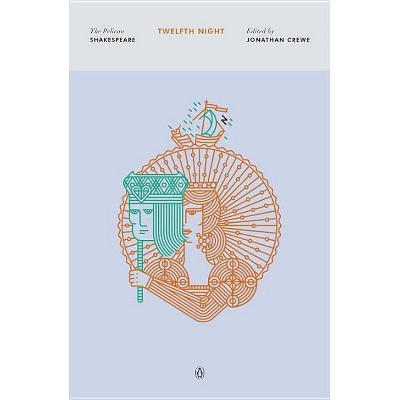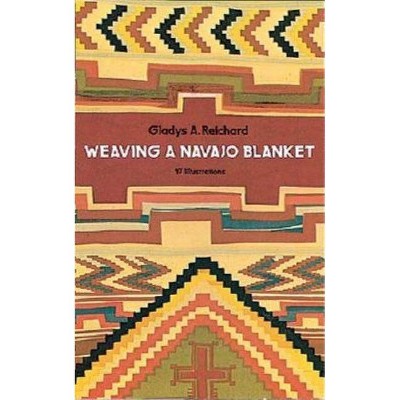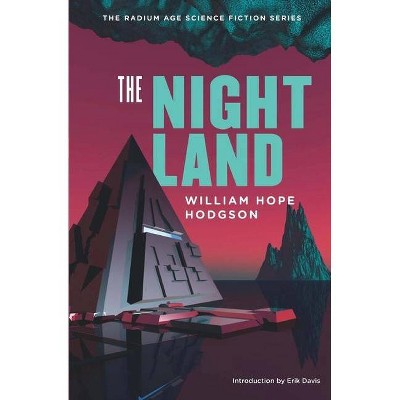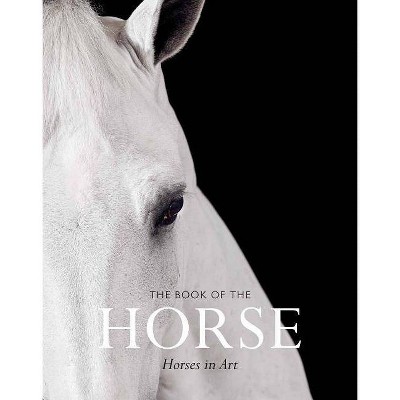The Night Horse - by William Reichard (Paperback)
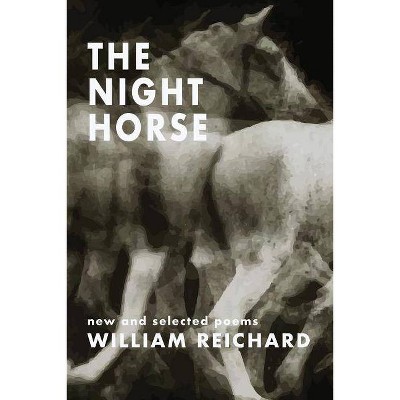
Similar Products
Products of same category from the store
AllProduct info
<p/><br></br><p><b> About the Book </b></p></br></br>A collection of poems from William Reichard's previous collections, including work from An Alchemy in the Bones, The Brightness, How to, Sin Eater, As Breath in Winter, and Two Men Rowing Madly Toward Infinity.<p/><br></br><p><b> Book Synopsis </b></p></br></br><p>A collection of new and selected poems from William Reichard's previous collections, including work from An Alchemy in the Bones, The Brightness, How to, Sin Eater, As Breath in Winter, and Two Men Rowing Madly Toward Infinity.</p><p/><br></br><p><b> Review Quotes </b></p></br></br><br><p>There is maturity of sensibility here, neither restrictive nor ostentatious, impoverished nor decadent, aloof nor brash. Such is the sureness of the poet's imaginative care, his verbal reverence, the power of the personal clarified by modesty. A deeply restorative book.--Bruce Bond, author of <em>Sacrum</em> and <em>Blackout Starlight: New and Selected Poems, 1997-2015</em></p><p> </p><p>"It's about what can be bent," William Reichard writes in a poem called "Bonsai." Reichard's poems are beautifully open to the "bent" in all its senses: the not-straight, the damaged, the curves the world throws us. These delicately etched lyrics are attentive to what Reichard calls "the intricacy of emotion."--Mark Doty, author of the National Book Award winning <em>Fire to Fire: New and Selected Poems</em></p><p> </p><p>These are intimate narrative poems, plainspoken and delicate in their use of natural imagery. The poet has an easy musicality; the works are expertly crafted, measured and evocative.--Walter Holland, Lambda Literary review of <em>Two Men Rowing Madly Toward Infinity</em></p><p> </p><p>The lifeline of this striking gathering from William Reichard's publishing history is the tensile strength of his fine attention, his refusal to look away either from the past or the present moment. This penetrating focus was evident from the first book and endures in the latest poems. Coming from what was once called the working class (or perhaps the rural poor), Reichard knows the power--for good and for ill--of silence. "I'm less willing to speak when I have/more to say" he writes, observing the force of reticence and the resilience of language in the service of attention. There is a strong sensation of loss in the poems, but never of self-pity. These poems have a soul of elegy as they move across two decades, from a lonely boyhood into a charged artistic sensibility, ever faithful to the inner life of poetry--all this without losing his essential values of transparency and beauty.--Patricia Hampl, MacArthur Award-winning author of <em>The Art of the Wasted Day</em> and <em>The Florist's Daughter</em></p><p> </p><p> </p><br>
Price History
Price Archive shows prices from various stores, lets you see history and find the cheapest. There is no actual sale on the website. For all support, inquiry and suggestion messagescommunication@pricearchive.us

